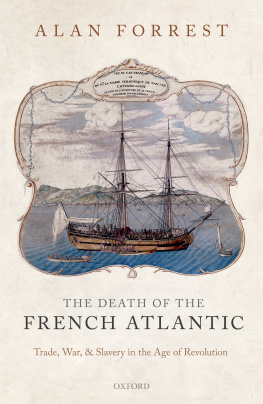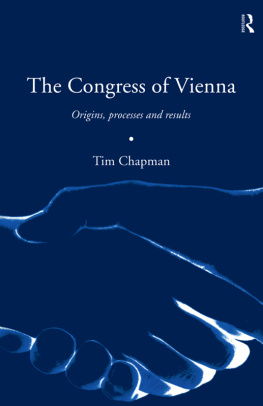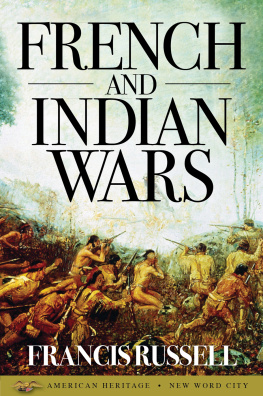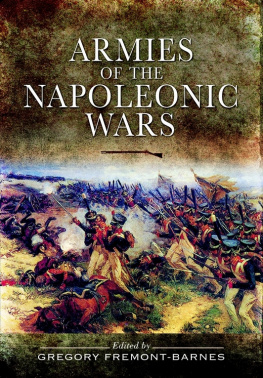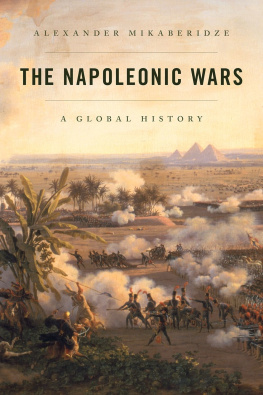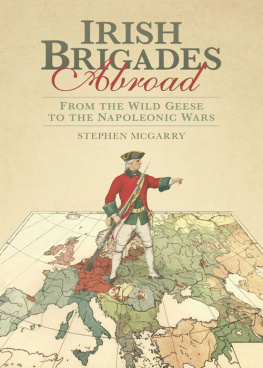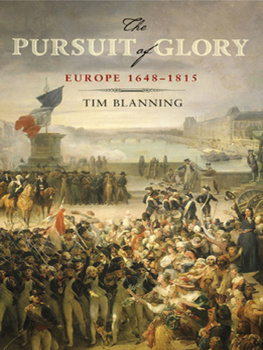The Origins of the French Revolutionary Wars
Origins of Modern Wars
General editor: Harry Hearder
Titles already published:
THE ORIGINS OF THE FRENCH REVOLUTIONARY WARS
T.C.W. Blanning
THE ORIGINS OF THE CRIMEAN WAR
David M. Goldfrank
THE ORIGINS OF THE ITALIAN WARS OF INDEPENDENCE
Frank J. Coppa
THE ORIGINS OF THE AMERICAN CIVIL WAR
Brian Holden Reid
THE ORIGINS OF THE WARS OF GERMAN UNIFICATION
William Carr
THE ORIGINS OF THE SOUTH AFRICAN WAR 1899-1902
Iain R. Smith
THE ORIGINS OF THE RUSSO-JAPANESE WAR
Ian Nish
THE ORIGINS OF THE FIRST WORLD WAR (Second Edition)
James Joll
THE ORIGINS OF THE RUSSIAN CIVIL WAR
Geoffrey Swain
THE ORIGINS OF THE SECOND WORLD WAR IN EUROPE
P.M.H. Bell
THE ORIGINS OF THE SECOND WORLD WAR IN ASIA AND THE PACIFIC
Akira Iriye
THE ORIGINS OF THE GREEK CIVIL WAR
David H. Close
THE ORIGINS OF THE KOREAN WAR
Peter Lowe
THE ORIGINS OF THE VIETNAM WAR
Anthony Short
THE ORIGINS OF THE ARAB-ISRAELI WARS (Second Edition)
Ritchie Ovendale
THE ORIGINS OF THE PRESENT TROUBLES IN NORTHERN IRELAND
Caroline Kennedy-Pipe
The Origins of the French Revolutionary Wars
T. C. W. Blanning
First published 1986 by Pearson Education Limited
Published 2014 by Routledge
2 Park Square, Milton Park, Abingdon, Oxon OX14 4RN
711 Third Avenue, New York, NY 10017, USA
Routledge is an imprint of the Taylor & Francis Group, an informa business
Copyright 1986, Taylor & Francis.
All rights reserved. No part of this book may be reprinted or reproduced or utilised in any form or by any electronic, mechanical, or other means, now known or hereafter invented, including photocopying and recording, or in any information storage or retrieval system, without permission in writing from the publishers.
Notices
Knowledge and best practice in this field are constantly changing. As new research and experience broaden our understanding, changes in research methods, professional practices, or medical treatment may become necessary.
Practitioners and researchers must always rely on their own experience and knowledge in evaluating and using any information, methods, compounds, or experiments described herein. In using such information or methods they should be mindful of their own safety and the safety of others, including parties for whom they have a professional responsibility.
To the fullest extent of the law, neither the Publisher nor the authors, contributors, or editors, assume any liability for any injury and/or damage to persons or property as a matter of products liability, negligence or otherwise, or from any use or operation of any methods, products, instructions, or ideas contained in the material herein.
ISBN 13: 978-0-582-49051-2 (pbk)
British Library Cataloguing in Publication Data
Blanning, T.C.W.
The origins of the French Revolutionary wars.
(Origins of modern wars)
1. FrancePolitics and government1789-1900
I. Title
944.04 DC148
Library of Congress Cataloging-in-Publication Data
Blanning, T.C.W.
The origins of the French revolutionary wars.
(Origins of modern wars)
Bibliography: p.
Includes index.
1. First Coalition, War of the, 1792-1797Causes.
2. Second Coalition, War of the, 1798-1801Causes.
I. Title. II. Series.
DC220.B63 1986 944.04 856936
ISBN 0-582-49051-0
Set in 10/1 lpt Linotron Times
The third volume to be published in this series, Dr Blanning's The Origins of the French Revolutionary Wars, is the first in a chronological sense. It starts with a penetrating study of the causes of wars in general. Dr Blanning reminds his readers in that 'political intercourse between most states in most periods is conducted peacefully'. War, then, is an aberration but an aberration of such importance that a study of the causes of specific wars will always be a vital task for historians. To look more closely at one aspect of the question, it should be asked why two countries can repeatedly go to war with each other over long periods, and then reach a point at which further war between them becomes unlikely, and eventually almost inconceivable.
The war whose origins Dr Blanning examines was most persistently fought by France on the one hand and Britain on the other. It was in one sense the culmination of centuries of intermittent warfare between the two countries. Yet after 1815 France and Britain always patched up crises between them without resorting to war. The two countries were allies against Russia in 1854. Very soon after the Crimean War there was still the possibility of armed conflict over several issues, and something of a naval race developed between them. Yet peace was kept. The last time when it was conceivable that France and Britain might go to war with each other was during the Fashoda crisis in 1898, when large sectors of public opinion in both countries were eager for war, but the governments were too wise to fight over a distant corner of East Africa. In the twentieth century it has become increasingly unthinkable that France and Britain should go to war with each other, so that in the present volume Dr Blanning is considering, among much else, the causes of the last war between the two Western countries - a war fought a century ago.
There are other examples of two countries whose relations have reached a point beyond which war seems inconceivable. The U.S.A. and Canada is an obvious one; France and West Germany since 1945 is another. To explain such happy developments in terms of a common enemy or membership of a supra-national organization is too facile and sometimes wholly unconvincing. Any answer to the question must surely take into consideration political, diplomatic and economic factors, but it must also go deeper and consider psychological factors-changes in national mentality, or what public opinion will permit the government to do.
Professor Joll in his Origins of the First World War stressed the role played by the miscalculations of the political leaders, in causing war. Dr Blanning, in his , shows that the French revolutionary government in 1792 mistakenly believed that a war against Austria would lead to widespread revolutionary outbreaks in Belgium and Germany. On the other hand the Austrians and Prussians mistakenly believed that a war against a revolutionary rabble could be easily won. Blanning also reminds us that not all citizens of a country, or even members of the ruling circle, want war for the same reason. This was especially true of France in 1792. At the outbreak of any war there will be a group of people who want to preserve peace, and other groups who want war, or fear that it cannot be avoided, for various and sometimes contradictory reasons. A statement like 'French motives for war were...' must therefore almost always be a simplification, but simplifications are sometimes needed in the narration of history.
In his Conclusion Blanning considers the role of ideology. Again, it is easy to over-simplify and to classify one war as an ideological one, and another as a war of interests. In practice, ideological and strategic or Realpolitik factors become hopelessly entangled. Dr Blanning deals convincingly with this theme in his Introduction and Conclusion and the illustrations he provides from the 1790s underline the point.


